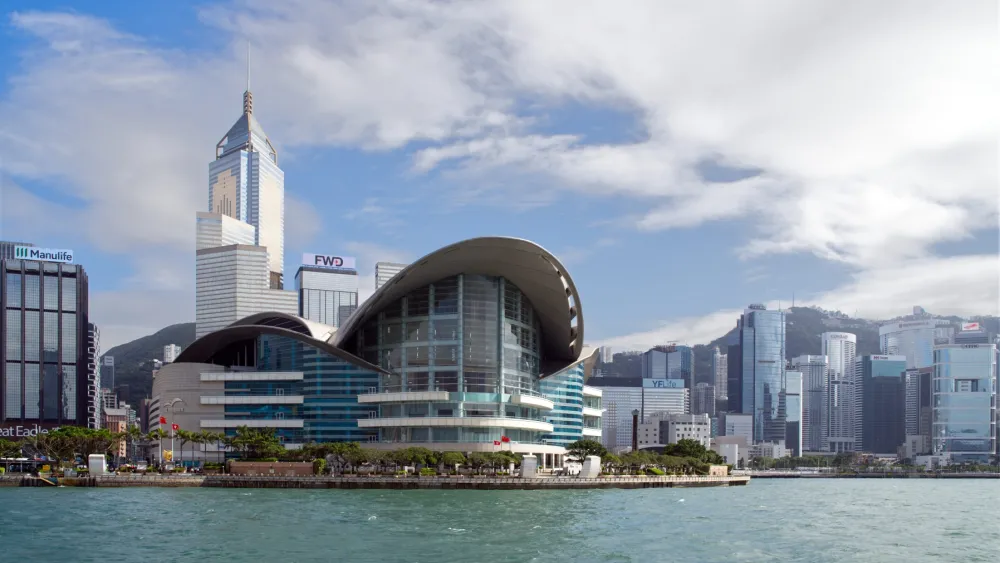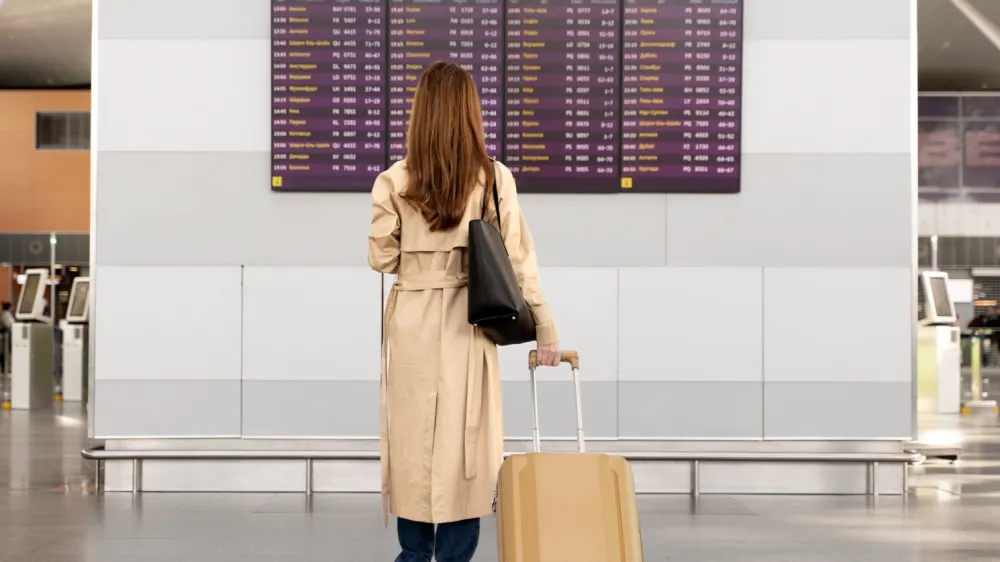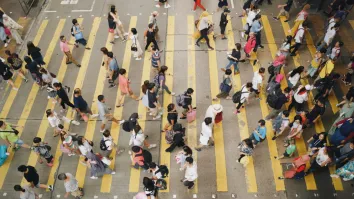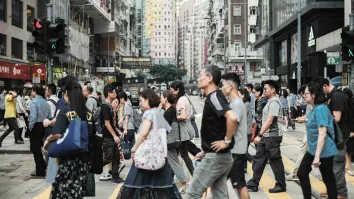How Hong Kong tourism can maximise mega events in 2024
Big boost in spending is expected among tourists.
With around 1.7 million tourists expected to visit, mega events in Hong Kong have the potential to boost tourism demand, but active planning and flexibility are crucial for handling different crowds and catering to a wider range of consumers.
Prudence Lai, Research Consultant at Euromonitor International, highlighted the government's plan to host over 100 mega events in the second half of the year. "This can actually bring a much needed boost in helping the hospitality industry to recover in terms of guest counts and occupancy," she said.
Meetings, incentives, conferences and exhibitions (MICE) visitors generally spend more than leisure tourists, making these events particularly valuable. Lai stressed the importance of active planning for hospitality industry players, advising them to assess the types of tourists expected and their main activity areas.
Cynthia Ng, Head of Retail Services at Colliers Hong Kong, emphasised the need for flexibility in handling different crowds. "Shops will definitely cater to a lot more consumers, either local or tourists from overseas. However, after the event finishes, it may go back to a normal day-to-day," she explained.
Ng pointed out that logistics need careful consideration to ensure smooth execution and long-term benefits for retail sales, particularly in F&B and other retail sectors.
CEO and founder of AP Hospitality Advisors Dan Voellm discussed the current state of the hotel market. "We're seven percentage points behind pre-COVID for many hotels. At the same time, we have 10,000 more hotel rooms for inventory in Hong Kong," he said.
With over 100,000 accommodation units available, hotels have ample capacity to absorb MICE demand, provided the events are well-spaced and the calendar is managed effectively.
Challenges in managing mega events
When asked about the challenges posed by over 210 mega events on the calendar, Voellm highlighted labour shortages. "We've seen shortages in staffing and talent coming out of the pandemic. Being ready at the right time for these surges is critical," he stated.
Voellm suggested that finding temporary or casual staff during peak periods would be important but acknowledged it would take time to adjust. "With enough lead time, the industry is usually quite resilient and can adapt to higher occupancy periods, as long as they're not multiple weeks in a row," he added.
Ng echoed the sentiment, emphasising the need for experienced staff to handle crowds, particularly in F&B. "The hiring of this labour would be quite challenging. They need to ensure that they are able to serve during the events, but after the events, it may be a different consumer target audience," she explained.
Financial readiness and strategic approaches
"To pull off a good mega event, the whole experience for the visitor needs to be seamless and smooth. We've seen snags along the way in the past," Voellm said. He reassured that hotels, with their ample rooms and attractive pricing, are well-prepared. "Average rates in the hotel market have yet to catch up to pre-COVID levels. Hotels are probably the strong point of the destination," he concluded.
Ng predicted an increase in retail sales volume, possibly up to 30% or more during peak weekends. "Certain brands and F&B outlets, especially those popular among international tourists, will do particularly well," she said. Ng emphasised the importance of effective queuing systems to provide a positive experience for consumers and ensure long-term benefits for brands.
Lai stressed the need for timely communication and support from the government and tourism boards to help industry players anticipate demand and plan accordingly. "Shifting traveller behaviours to more value-conscious spending makes this support essential," she explained. Frequent industry roundtables could help the industry anticipate demand and plan effectively.
Voellm suggested a better understanding of the strategy behind mega events and how they are organised. "It would help to see what direction the government wants to take in attracting mega events and how that is sustainable," he said. Beyond mega events, fostering community spirit through regular events can attract tourists throughout the year.
Ng emphasised the importance of consistent brand image and consumer expectations. "If the whole event is rolled out successfully and marketed through social media, it will create a very positive impact for retail, aiding in the overall recovery for Hong Kong," she concluded.



















 Advertise
Advertise








Commentary
2026 biotech playbook: Hong Kong at the centre of China’s globalisation
Navigating Hong Kong’s regulatory landscape: a challenging and rewarding endeavour
Wellness craze: Emerging growth for commercial space